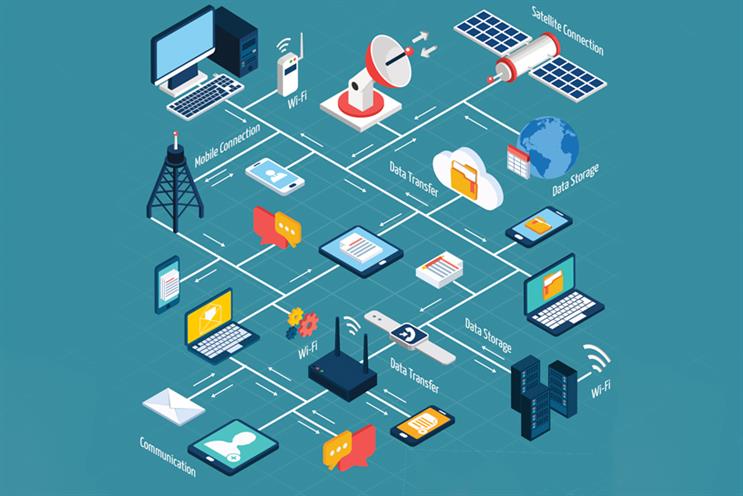Google showed off an impressive array of consumer hardware, which takes direct aim at Apple and Amazon.
Google announced confidently that the world was moving from "Mobile First" to "AI First", so it was the right time to bring hardware and software together, with AI at the centre of everything.
What we saw from Google was a defining strategy that will weave all its smart services into a range of desirable consumer devices. It already had the best answers, now it has competing hardware to surface all the questions.
Search for everyone, Google for you
At the heart of this strategy is the Google Assistant which utilises the most advanced machine learning capabilities, including its knowledge graph of 70 billion facts.
Google envisages a future where the Assistant will be able to help consumers in any context from any device or surface. While Search was built for everyone, Google claims the Assistant will be just for you, improving over time and giving everyone their "own personal Google"
If the Assistant is everywhere, then it needs to interact with your daily life, helping you at every point
"Google has embarked on the smarter long term strategy by creating great services that work for all users while also controlling the Android hardware"
From a hardware perspective, Google thinks it can cover this with the Phone, Watch, Car & Home – these four icons kept surfacing throughout the presentation.
The focus last week was on the Phone and the Home, but we should expect future announcements that centre on the Watch and Car.
Tech brands try to own the ecosystem
Most now accept that the mobile platform wars have been won by Google and Apple. The likes of Nokia, Blackberry and Microsoft didn’t have the strategy or product to compete long term. But new battle lines are being drawn up, and this time the prize is the consumer ecosystem.
This fight will be dirtier and more complicated than the previous smartphone wars, this time it will involve hardware, software, content and AI. If you concede ground in any of these areas it might prove to be fatal.
In my view, Google has embarked on the smarter long term strategy by creating great services that work for all users while also controlling the Android hardware. Apple on the other hand have focused on devices and their vertical ecosystem, and as a result, they are now finding it difficult to sell their ‘cross platform’ software to Android users – Apple Music anyone?
Google appears to have a competitive edge over the other AI systems like Amazon’s Alexa and Apple’s Siri.
With this launch they made their intentions clear and they want to control the Assistant ecosystem by providing useful ‘surfaces’ across your life.
Apple are now playing catch-up in this space, but we should expect them to bring a competing ecosystem to consumers in the near future. We shouldn’t discount Facebook and Amazon at this stage either, but instinctively they feel more like services that would operate within a bigger ecosystem – not separate competing ones.
Brands in a voice-operated world
For brands, this feels like the early days of apps where they had to build for two competing operating systems. I would expect brands to follow this approach for the near future, as it would be naïve to put all your eggs into one ecosystem basket right now.
What is becoming increasingly clear is that visual and branding identity will become less relevant in a world that is operated by voice and Natural Language Processing (NLP).
This leads to a number of important questions for brands – how do you become front of mind for consumers without visual clues?
And more importantly, how do you become the default brand for AI assistants to choose? Brands must start thinking about how they provide a great customer experience through conversation, as exposure based advertising becomes less visible and relevant.
Ben Rickard is head of mobile at MEC global solutions and EMEA.


